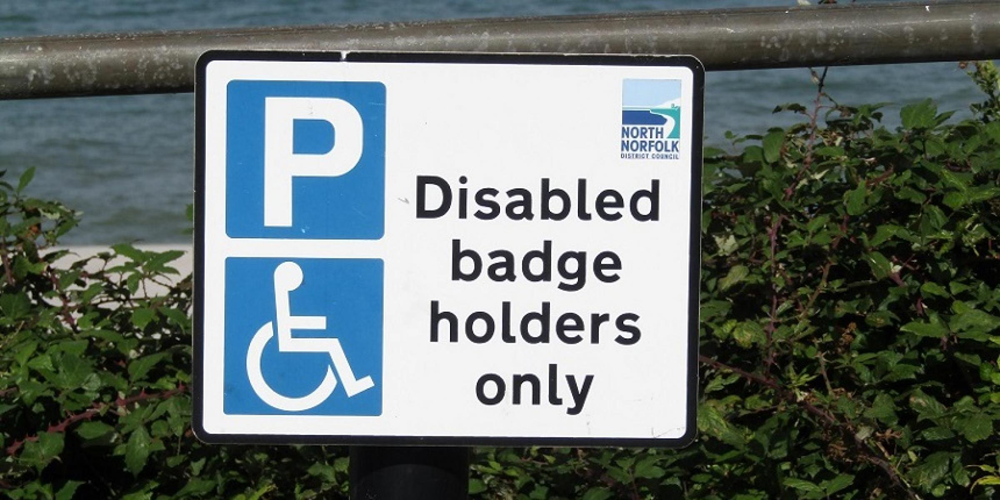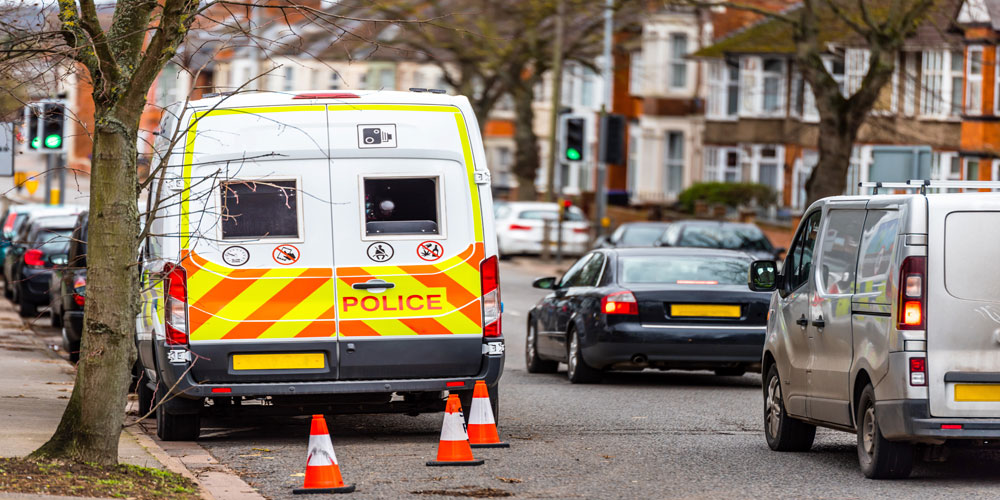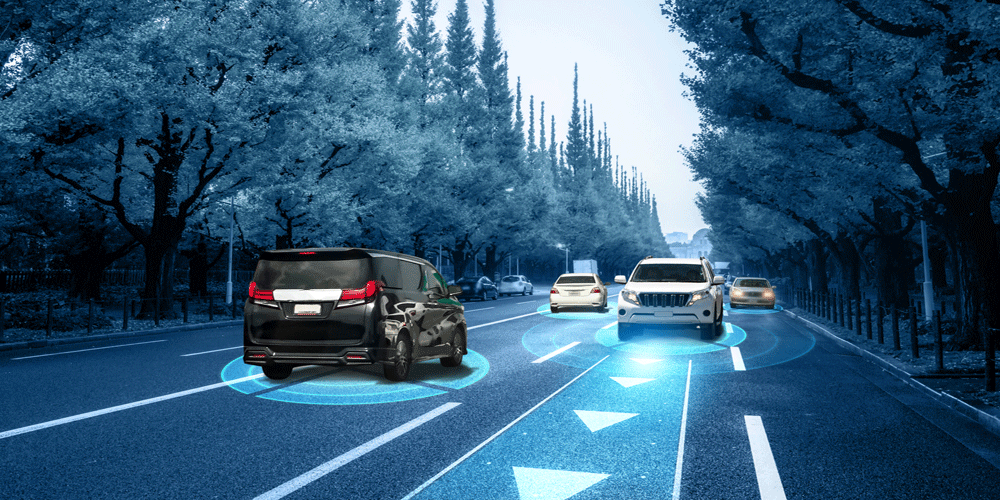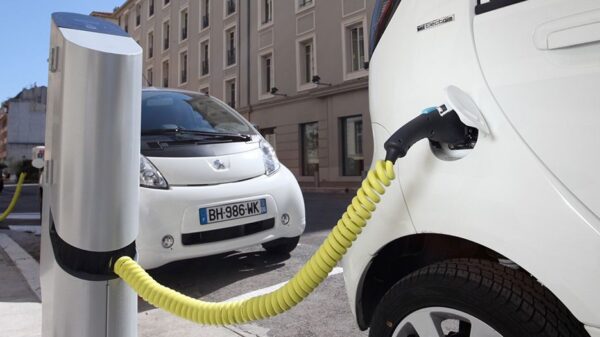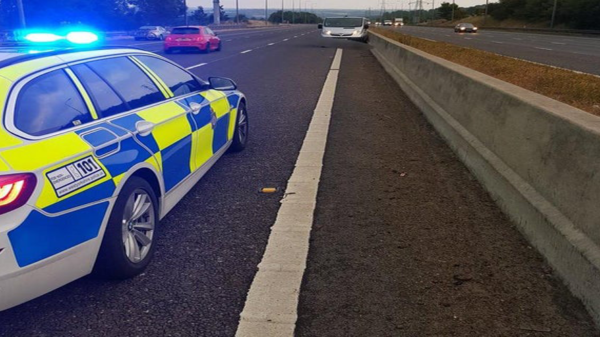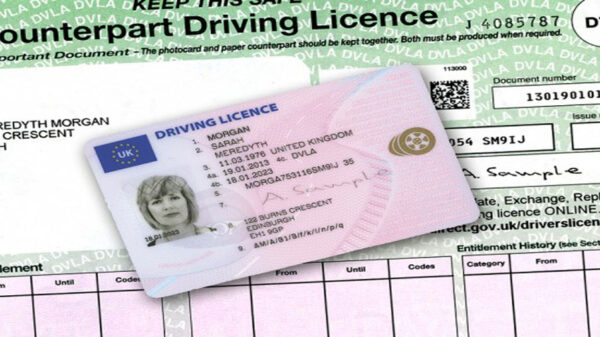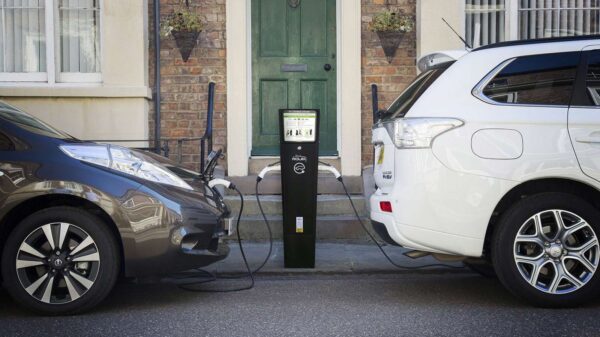Government Considers Blue Badge Move for those with Unchanging Health Conditions
The Labour MP Julia Buckley has called on the Government to consider granting ‘lifetime’ Blue Badge awards for individuals with permanent health conditions. She queried the Department for Transport, responsible for the Blue Badge scheme, about the feasibility of such a move for those with unchanging lifelong ailments.
The Daliy Express is reporting that, currently, there are almost three million Blue Badge holders in Great Britain. A Blue Badge typically lasts for three years and incurs a cost of £20 in Scotland, up to £10 in England, while it is issued free of charge in Wales.
In her written reply on Thursday, Roads Minister Lilian Greenwood highlighted that reapplying every three years allows councils to reassess eligibility, ensuring recipients still qualify for the scheme. Ms Greenwood stated: “As a general principle, Blue Badge eligibility is based on mobility.”
“Reapplying for a badge every three years gives local authorities the opportunity to reassess badge holders when their badges expire, ensuring that they continue to meet the criteria which makes them eligible for a badge.”, reports the Daily Record. It also serves the purpose of making sure that the details local authorities hold about the badge holder, and those that are displayed on the badge itself, remain correct.”
A Blue Badge permits individuals to park nearer to their destinations, whether they are the driver or a passenger. The eligibility criteria was broadened in 2019 to include those with non-visible disabilities such as Parkinson’s, dementia and epilepsy.
The badge is valid for three years, but local councils can take up to 12 weeks to process new applications and renewals. Current users should mark their badge expiry date well in advance in a calendar or diary, as displaying an expired badge could result in a £1,000 fine.
Blue Badge application process
Automatic qualification
You will automatically qualify for a Blue Badge if you:
>>> are under 16 and have a letter confirming your eligibility from your visual impairment care team
>>> are 16 or over and registered or certified as severely sight impaired
>>> get the higher rate of the mobility component of DLA
>>> get PIP and scored 8 points or more in the ‘moving around’ area of your assessment
>>> get PIP and scored 12 points in the ‘planning and following a journey’ area of your assessment
>>> get PIP and used to get the higher rate of the mobility component of DLA on an indefinite or lifetime basis
>>> get PIP, used to get the higher rate of the mobility component of DLA, and your PIP decision is being appealed
>>> get ADP and have been awarded either 8 points or more in the moving around activity or 12 points in the planning and following a journey activity or enhanced rate mobility without reference to points
>>> get the higher rate of the mobility component of Child Disability Payment
>>> get War Pensioners’ Mobility Supplement
>>> got a lump sum payment from tariffs 1 to 8 of the Armed Forces Compensation Scheme and have been certified as having a permanent and substantial disability
Other potential qualifiers for a Blue Badge:
If you do not automatically qualify, you may still be eligible for a Blue Badge under certain circumstances, if you:
>>> have a substantial disability lasting at least 12 months that means you cannot walk at all
>>> have a substantial disability lasting at least 12 months that means you’re virtually unable to walk
>>> regularly drive and cannot use parking meters because of a severe disability in both arms
>>> are responsible for a child under 3-years-old who needs to be kept close to a vehicle for medical treatment
>>> are responsible for a child under 3-years-old who uses bulky medical equipment that cannot be carried around
>>> have a mental health condition that means you lack awareness about the danger of traffic when making journeys
Where can I utilise my Blue Badge?
Your Blue Badge permits you to park for free in certain restricted areas, including:.
>>> At on-street parking meters.
>>> In pay and display bays.
>>> In disabled parking spaces.
>>> On single and double yellow lines, provided there are no loading restrictions
>>> Using your badge outside the UK – Most other countries recognise the Blue Badge. If you’re using it in England or Wales, you’ll need to use a parking clock, which is included with your Blue Badge.
The Timer Clock is a plastic dial that can be adjusted to indicate your arrival time at the parking spot.
What do I require to apply?
Applications are submitted online to your local council. You’ll need a recent digital photo of your head and shoulders – you can take this yourself.
You will also need a photo or scan of your:
>>> proof of identity (such as a birth certificate, passport or driving licence)
>>> proof of address such as a Council Tax bill or government letter – you can also choose to have your local council check the Electoral Register instead
>>> proof of benefits – if you get any
You will also need to know:
>>> your National Insurance number
>>> the details of your current Blue Badge – if you’re reapplying
Once you’ve applied, your local council will process your application and inform you of their decision.
If your application is rejected
Your local council should provide a reason if you’re deemed ineligible for a Blue Badge. If you believe they’ve overlooked crucial information, you can request them to reassess their decision.
If your health condition or disability worsens, you can reapply.


